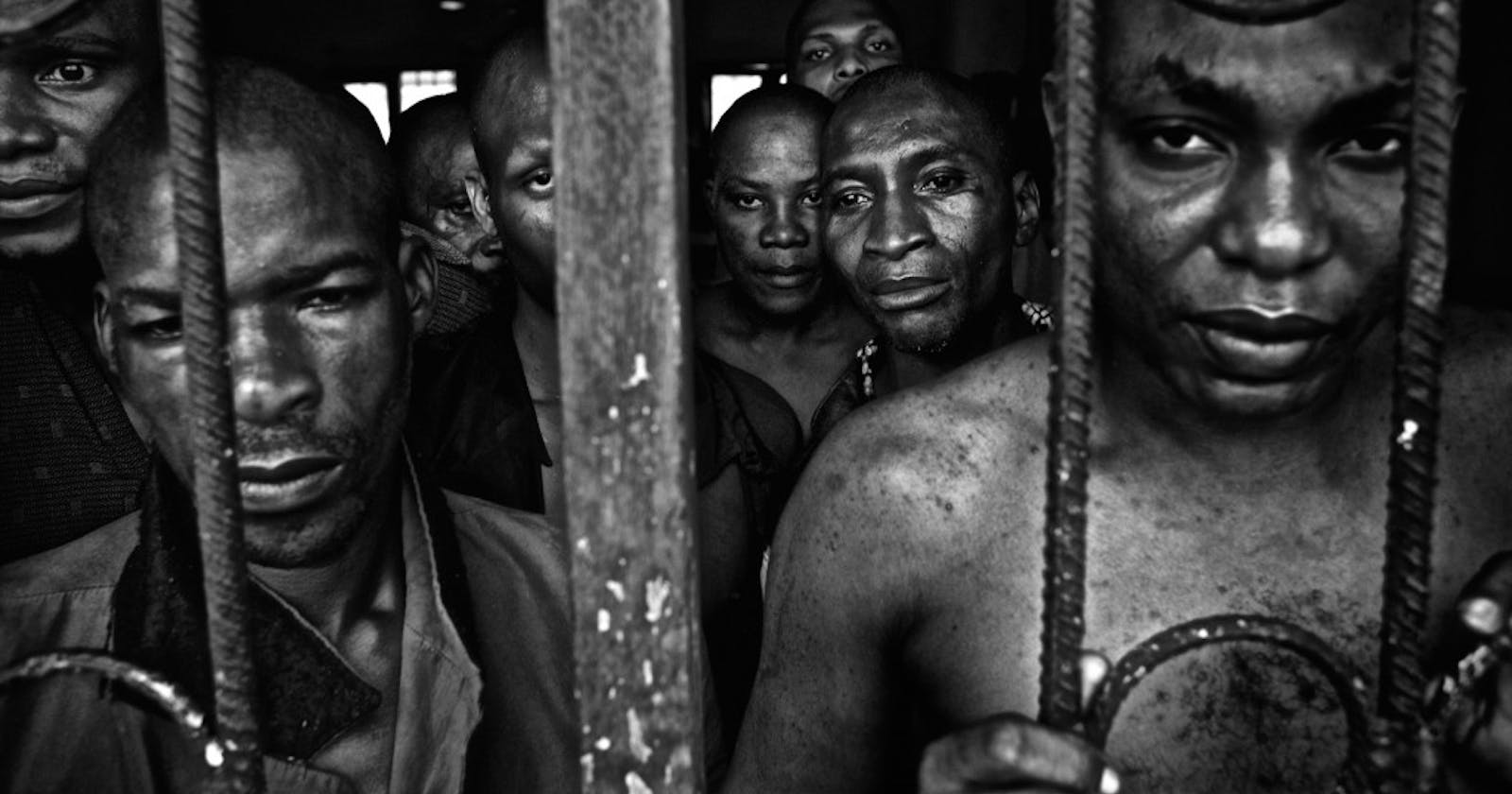Among the many topics not frequently discussed in Nigeria is the subject of mental health. The Psychiatrists Association of Nigeria estimates that about 60 million Nigerians suffer from mental illness. Invariably, about one in five Nigerians suffer from mental health illnesses. Mental healthcare is an aspect of health that ranges from assessment, diagnosis, and treatment of mentally ill individuals to restoring their mental well-being.
The World Health Organization defines mental health as “a state of well-being in which the individual realizes his or her abilities, can cope with the normal stresses of life, can work productively and fruitfully and can make a contribution to his or her community’’. Mental health also involves studying behavioural patterns, attitudes, and actions and noticing early signs portrayed by individuals in a bid to prevent mental breakdown or illness. To understand the mental health crises in Nigeria, it is crucial to underline the taboos and publicity of this topic and the attitude of the government and society towards people struggling with mental illnesses.
In a survey independently conducted among teenagers (13-29) across the country, about 60 per cent knew little or nothing about mental health. This is alarming, considering the number of teenagers and young adults we lose to suicide and other mental illness, including depression, panic disorder, anxiety disorder and phobias. It is estimated that one in five Nigerians has experienced, is experiencing, or will experience some kind of mental illness. The topic of mental health is almost no friend in schools, churches, and in families. In Nigerian society, mentally ill persons, especially those experiencing or portraying compulsive behaviours are labelled ‘’mad’’ and are treated differently from others. This label has resulted in many individuals being unvocal about their mental health problems. Victims' families often visit clergymen, seeking deliverance, rather than professional/or clinical help for their wards.
In a survey conducted by the Africa Polling Institute (API) and EpiAFRic, most respondents proved to be aware that they are experiencing mental health disorders, commonly caused by drugs and evil spirits. While the latter could be debatable, it is difficult to counter or object. With an increase in prayer houses and clerics across Nigeria in the last decade, mental illnesses seem to still be on the rise. Many cases of mental illness in Nigeria are handled by religious clerics than mental healthcare professionals. This could also be due to the lack of proper mental health education and mental health facilities across the nation; hence, people resort to what is available.
Over the years, there has been a steep increase in doctors, nurses, and consultants migrating to other countries due to the unhealthy working environment, low pay or other personal reasons. Unfortunately, psychiatric doctors, who are but a few in Nigeria are also seeking opportunities abroad. Sadly, there are a limited number of psychiatric hospitals across the country with rural residents and individuals living below average mostly affected due to the lack of accessibility to these psychiatric hospitals or their high cost of treatment. With just 8 neuropsychiatric hospitals and a population of about 216 million, it is unrealistic to be hopeful that this crisis will improve.
The government’s response to this issue has been minimal. The only law related to this issue is the ''lunacy ordinance'', first enacted in 1916. This act made provision for the care, treatment, and control of persons suffering from mental illness. In 2003, a bill for the provision of the mental heal health act was passed but unfortunately, this bill was later withdrawn in 2019. The National Assembly held a hearing for the Mental Health and Abuse Bill, which would have facilitated mental illness recovery services for substance abusers and mentally ill victims and protected their rights. This bill was not passed or signed. Irrefutably, this shows apathy and a complete disregard for the mental health and sanity of the Nigerian people.
While many countries around the world are integrating the topic of mental health into the school curriculum, providing mental health campaigns and programs, and making mental health a critical part of primary healthcare, Nigeria still struggles with the provision of basic primary healthcare services and mental health reforms and policies.
It is crucial to continually educate Nigerians at the institutional and grassroots levels on mental health disorders and common signs to look out for to change people’s perspectives. Furthermore, policies and legislation should be enacted that foster mental health. Until that happens, there will be no progress.

